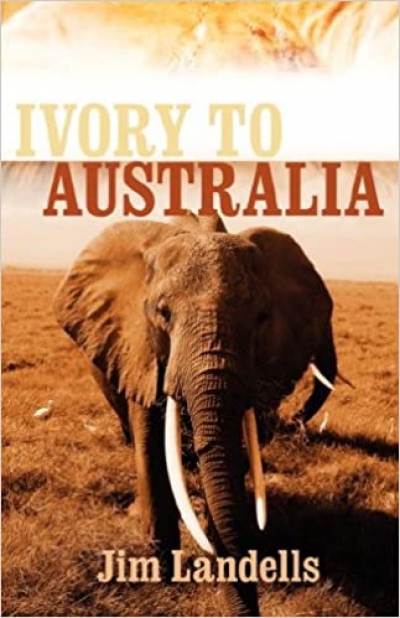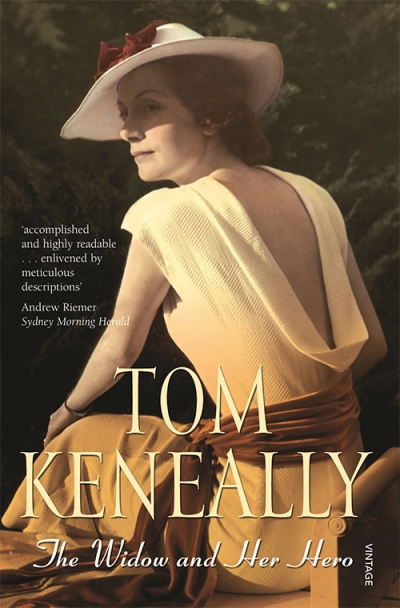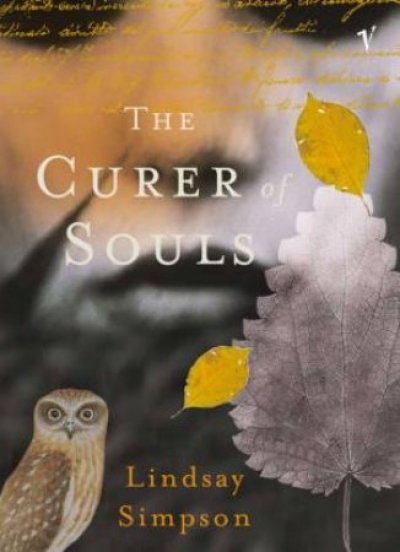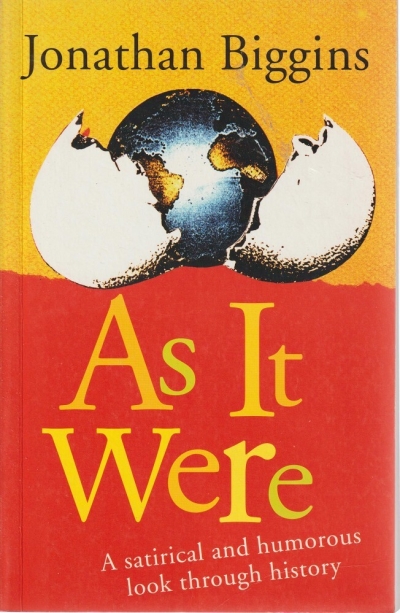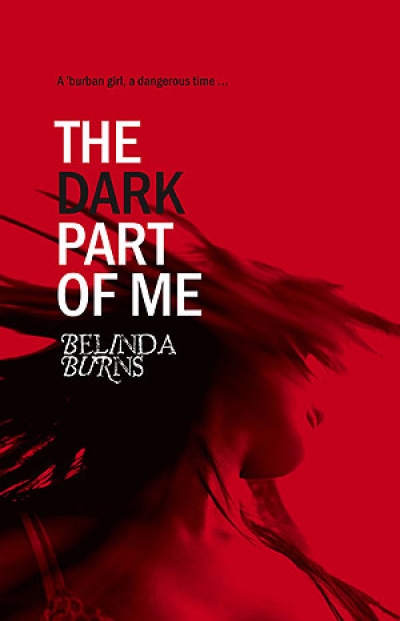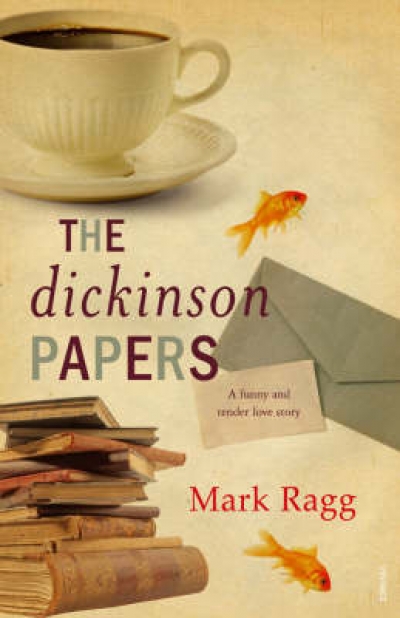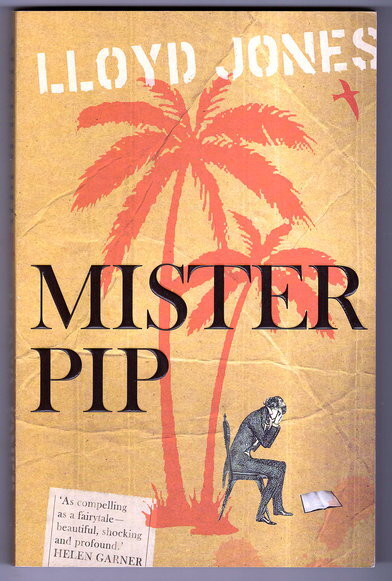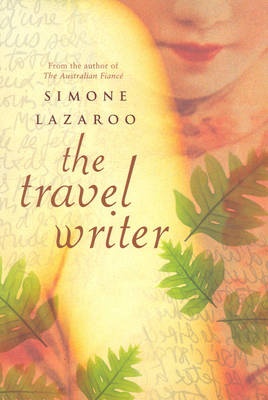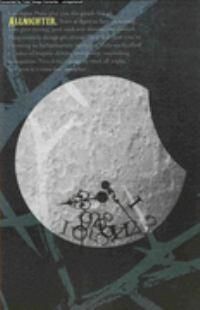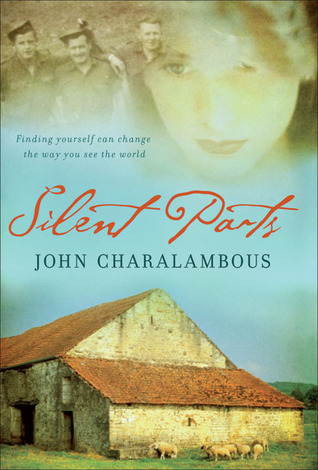Fiction
A young Kenyan-born white man called Jason Conway has a revolutionary idea: he will save the African elephant from extinction by transporting the animal to the sparsely inhabited Kimberley region in Australia. Sounds far-fetched? In fact this idea, which forms the basis of Ivory to Australia, is less implausible than some of the action that surrounds Jason’s attempt to fulfil his wild scheme. Early in the novel, Jason foils an attempted robbery in a Nairobi restaurant by disarming and shooting one of the gunmen, only to go home to bed wondering if he should sneak in next door and conquer his one-time girlfriend, Jane. The action doesn’t stop there, as Jason, full of idealism, battles against Somali Shifta poachers and sceptical politicians in order to get his beloved elephants safely onto Australian shores.
... (read more)In September 1943, seventeen commandos of Z Special Force, led by Lieutenant Commander Ivan Lyon, attacked and sank with limpet mines seven ships in the Singapore harbour. A year later, in October 1944, when the Pacific War had only months to run, a repeat performance failed and all those involved were ...
... (read more)It is surely impossible to read a new work of Australian historical fiction without doing so through the lens of Inga Clendinnen’s much-discussed essay The History Question (2006). One of Clendinnen’s arguments is against claims for the superiority of fiction over history because the former brings the past to life through imaginative empathy, allowing readers to ‘get inside the experience’, while history is merely a desiccated ‘world of facts’. Clendinnen also sets out the differences she sees between fiction and history, which are standing on either side of a ‘ravine’. In her response to correspondence in the following Quarterly Essay, she expressed her position concisely: ‘Fiction carries us deeply, effortlessly into imagined individual subjectivities. History is the sustained attempt to penetrate the minds and experiences of actual others.’
... (read more)In this tongue-in-cheek version of world history, Jesus Christ was originally baby Warren, until a celebrity representative came knocking at the manger door to help spin Mary’s unlikely tale of immaculate conception. Jonathan Biggins has examined world events from an Australian perspective, from the dawn of time, when God beat out Satan as chairgod in a narrow recount, to the reign of the pioneering environmentalist Robin Hood, to a rather subdued meeting of the Millenium Doomsday Cult. Through the imposition of modern bureaucracy onto historical events, As It Were lambastes the red tape and political correctness that stifle modern society. We discover that the works of Dickens do not translate well to adaptation by magical lantern, since there are not enough prospects for sequels; Monet is blighted by the cost of absinthe, as the tax auditor refuses to allow it as a tool of trade, and the first run of Kitty Hawk is delayed while the Wright Brothers apply to occupy limited airspace.
... (read more)The Dark Part of Me by Belinda Burns & The Pilo Family Circus by Will Elliott
A number of books have been published of late that theorise the function of literature in contemporary society (a trend indicative of an anxiety about literature in public culture, which is itself worth speculating on). In Why We Read Fiction: Theory of the Mind and the Novel (2006), Lisa Zunshine argues that reading provides us with cognitive practice for our lives as social beings, in which we are called upon to interact with and interpret others. Characterisation, then, would seem to be an important component of the appeal and function of a text. Henry James recognised the importance of character to narrative long ago. In his famous essay, ‘The Art of Fiction’, he asked: ‘What is character but the determination of incident? What is incident but the illustration of character?’
... (read more)On Valentine’s Day, the State Library of Victoria will host its third literary speed-dating dinner, an event that makes explicit something that has long been implicit in contemporary courtship chatter: you can judge a lover by their book. Participants in these events have about three minutes to impress each potential partner with the one book they brought along for show-and-tell. At the first such dinner, one man brought along The Story of O, which at least made it clear that he was there for a good time, if not a long one.
... (read more)‘As far as books are concerned, I find life no help at all. Books grow out of other books.’ So said the great Ivy Compton-Burnett, and her comment is at least partly pertinent in relation to Lloyd Jones’s luminous Mister Pip, trailing as it does clouds of Dickensian glory. Increasingly, there seems to be a sub-genre of novels that have their roots in other novels. Some of these are vile, like Emma Tennant’s vulgarly opportunist Pemberley Revisited: or Pride and Prejudice Continued (2005) and Emma in Love (1996), which traduce two great novels. Others work more evocatively, like Jean Rhys’s Wide Sargasso Sea (1966), a post-colonial reimagining of Jane Eyre from the point of view of the madwoman in the attic, or Peter Carey’s Jack Maggs (1997), which, with elliptic brilliance, re-situates Magwitch at the heart of the narrative of Great Expectations (1860–61).
... (read more)Anyone who has read Simone Lazaroo’s novel The Australian Fiancé (2000) will find many echoes in her latest work, The Travel Writer. That earlier book follows a young Eurasian woman, who had been kept by the Japanese as a comfort woman during the war, while she is being courted by a wealthy Australian. He lures her back to Broome with the promise of marriage, but the relationship collapses under the twin burdens of Australian racism and her traumatic past, which comes back to haunt her in devastating ways.
... (read more)Cardigan Press’s third offering, Allnighter, promises to keep its reader’s attention all night long, with ‘fiction that burns at both ends’. With forty-four short pieces in this beautifully designed book, the challenge is not to devour the book all at once, but to give each story the time and consideration it deserves.
One of the joys of this anthology is that the stories are of varying length, ranging from two to eleven pages. This allows the writers to demonstrate a feel for their story and characters. Another advantage is that many of the writers are unknown and not constrained by theme, number of words, or the weight of expectations. Their stories are vivid, playful and unusual.
... (read more)Australian novels about World War I are typically tales of youth sacrificed and innocence destroyed in foreign lands for the Commonwealth. A good example is David Malouf’s coming-of-age novella, Fly Away Peter (1981). Nation and character matured simultaneously in the necessary baptism of fire. From the outset, John Charalambous’s second novel, Silent Parts, proves itself to be atypical and complex, with a forty-something anti-hero caught up in the not-so-Great War.
... (read more)

